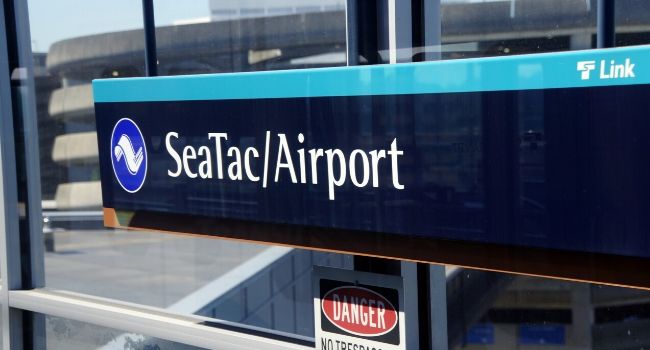
Seattle-Tacoma Airport Becomes First To Resist Government Push For Facial Recognition Expansion
The Port of Seattle Commission approved a moratorium on new biometric technology programs on Tuesday amid concern over data privacy and the tool’s accuracy.
- By Haley Samsel
- Dec 13, 2019
The Seattle-Tacoma International Airport became the first airport in the U.S. to resist the rollout of facial recognition technology at its boarding gates with a vote from the Port of Seattle Commission on Tuesday.
The five-member commission that oversees Sea-Tac unanimously approved a moratorium on new biometric technologies, including facial recognition, until the commission can vote on “tangible, enforceable” policies that would regulate its use on travelers, according to The Seattle Times.
In practice, the new policy will stop plans from Delta Airlines to introduce facial recognition cameras at Sea-Tac boarding gates by the end of 2019. The company has already rolled out the tool at seven other American airports in an effort to speed up the flow of lines and eliminating the need for passengers to present passports and boarding passes.
Read more: Delta Air Lines Expands Facial Recognition Technology to LAX
But the moratorium, which only applies to areas that the port controls, will not affect Customs and Border Protection’s current proposals to install facial recognition cameras at a new facility for international travelers. That part of the building, which will open with the cameras in July 2020, is controlled by the federal government.
The TSA’s CLEAR program, which uses biometric technology to allow passengers to jump to the front of the line, will also not be affected since it is already in place.
Several residents spoke out against the expansion of facial recognition technology during the commission’s public comment period on Tuesday, including security researcher Cynthia Spiess.
“Biometric data should not be taken lightly,” Spiess said, according to the Times. “You only have one face. What is the recourse to the victims? What is the liability to the Port when a data breach happens? Because this data will be breached.”
Key concerns of the commission include making sure the technology is rolled out “ethically, justifiably and voluntarily,” the Times reported. In addition, commissioners said they would focus on rules that protected the privacy of passengers.
A working group composed of the port’s staff, airlines, tech companies and community representatives has been tasked with presenting recommendations to the commission by the end of March. The current plan is to vote on those policies, which could include a recommendation that the technology is not ready for a widespread rollout, by late June.
About the Author
Haley Samsel is an Associate Content Editor for the Infrastructure Solutions Group at 1105 Media.